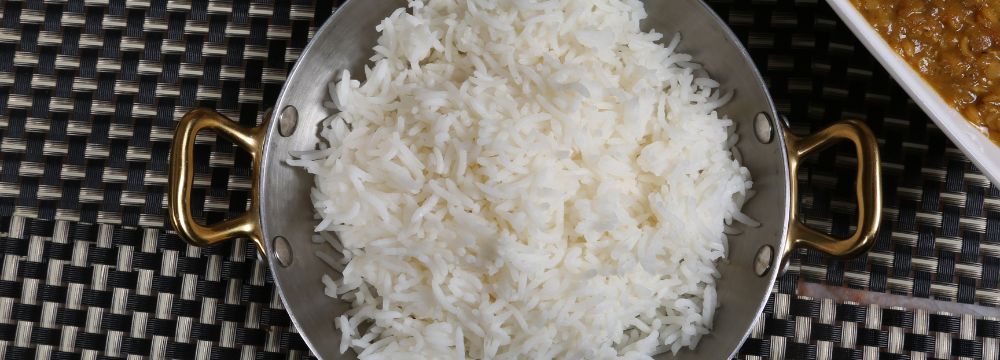After Bariatric Surgery

Constipation is not generally something people associate with weight loss surgery; while it doesn’t have to be a problem, it is often an issue. Constipation following weight loss surgery can be easily avoided with just a few simple recommendations.
First, the prescribed narcotics after surgery can cause constipation. Thus, while some patients may need them immediately after surgery, we recommend you stop taking them as soon as possible. Of course, this all depends on your pain threshold. Some patients find that they can get by with just acetaminophen/Tylenol, while others will require narcotics for a day or two to get by. Notably, while we want you to use the least potent dose of painkiller as you can, we also don’t want you to live in pain after surgery. You must move around to speed up healing, reduce the risk of infection and minimize the risk of deep vein thrombosis (DVT). You can’t do that when you’re in pain.
Also, taking enough fluid can be challenging when starting your initial post-operative diet. This can also cause constipation. Please stick to the recommended diet, including a sufficient amount of water.
Stool softeners are your friend. We usually recommend Colace, while Senna is another option. MiraLAX, a powder that mixes easily with water, can be taken according to directions from our office. Dosages should be cleared by our office.
Lack of fiber is also a significant cause of constipation, but while supplementing looks pretty straightforward, weight loss surgery patients need to be aware of a few considerations. First, not all fibers are created equal. Fiber derived from sweetened drinks is less than ideal. Instead, try to get it from whole fruits like berries, pears, and apples. Because of your very high protein requirement, eating foods high in fiber and protein may also be beneficial. This includes legumes like beans and lentils. It is important to remember that you have limited stomach space after bariatric surgery, so you must prioritize your macronutrient intake. Fiber will fill you up, so to avoid feeling bloated and gassy and thus not consuming enough nutrients, try to spread your fiber intake throughout the day rather than all in one sitting. Lastly, fiber can cause constipation itself if not consumed with an adequate amount of water. So, make sure you are getting plenty of water each day.
If you follow these recommendations, generally, you will not struggle with constipation. If you have constipation after that, call our office, and we can guide you through some additional medications and options. The bottom line is that this does not have to be a problem if you follow our recommended guidelines. If you have any questions, please get in touch with our office!









